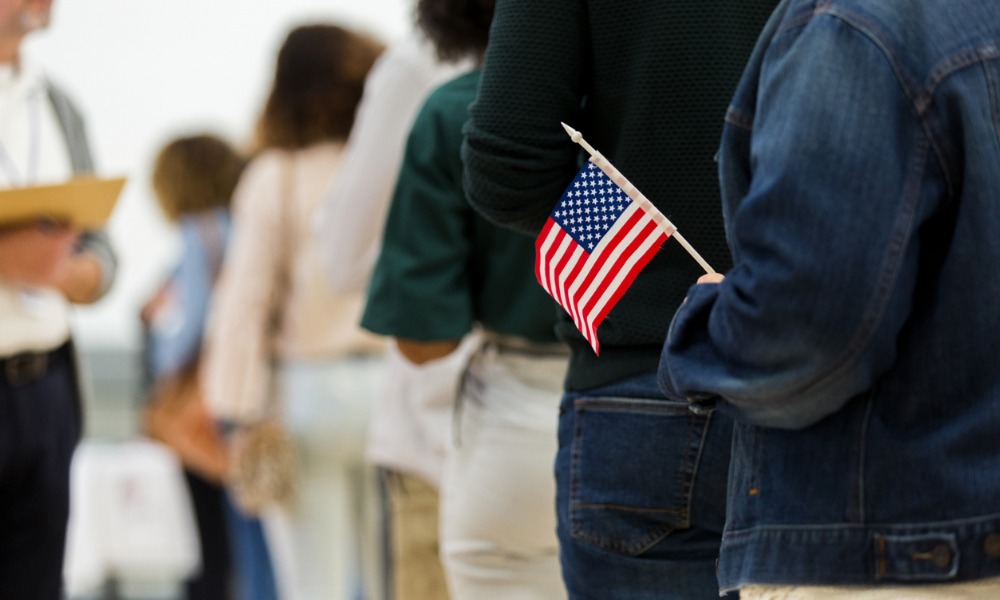
About 74 percent stated that democracy in the US is weaker today compared to five years ago

A recent survey by the American Bar Association (ABA) indicated that democracy in the United States is perceived as being weaker than it was five years ago, with misinformation and political parties largely to blame.
The 2024 ABA Survey of Civic Literacy, which assesses public opinion and knowledge about U.S. governance, highlighted significant concerns about the integrity of the democratic process as the November presidential election approaches.
Conducted from March 4 to 9 by DAPA Research, the survey interviewed 1,000 individuals across the U.S., utilizing both English and Spanish languages. The findings, which carry a margin of error of plus or minus three percentage points, were released to coincide with Law Day, observed annually on May 1.
The survey revealed a stark pessimism about U.S. democracy, with 74 percent of respondents stating that it is weaker today compared to five years ago. Only 13 percent felt that it has strengthened. Nearly a third of the respondents (31 percent) identified misinformation and disinformation as the primary culprits eroding democracy, closely followed by the actions of political parties, which 29 percent blamed for the decline.
Despite the widespread concern, there was a significant disparity in opinions on who should safeguard democracy. While more than a third (37 percent) of participants believe that it is the responsibility of the general public to protect democratic values, half of the respondents expressed doubt about the public’s knowledge of how democracy functions. In contrast, only 25 percent see the judiciary as primarily responsible for protecting democracy, with 21 percent assigning this role to public officials.
As the U.S. heads towards a critical election, half of the survey participants underscored the importance of free and fair elections as the cornerstone of democratic governance. However, confidence in the upcoming election is shaky, with 55 percent of respondents voicing concerns about the integrity of the electoral process. The fear of election subversion, such as tampering with vote counting, was the most significant worry, cited by 36 percent of those concerned.
Additionally, the survey participants showed broad support for several electoral policies, including the requirement for voter IDs (80 percent), allowing convicted felons voting rights post-sentence (74 percent), and provisions for early and absentee voting (73 percent and 71 percent, respectively).
The survey also tested respondents with questions from the U.S. citizenship test to gauge civic knowledge. While most participants demonstrated a good understanding of fundamental governmental principles such as checks and balances and the rule of law, several misconceptions persisted. Notably, misconceptions about civic responsibilities and rights, such as tax obligations and the freedoms guaranteed by the First Amendment, were evident among about a fifth of the respondents.
The 2024 ABA Survey of Civic Literacy findings are available for further review at the ABA website.